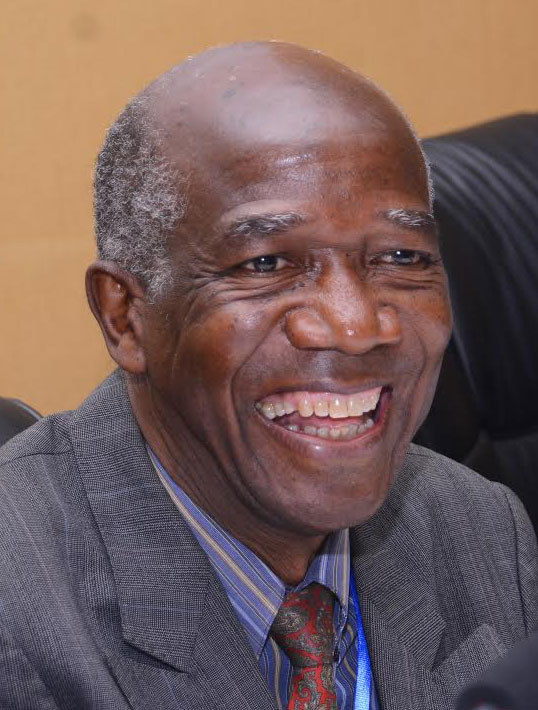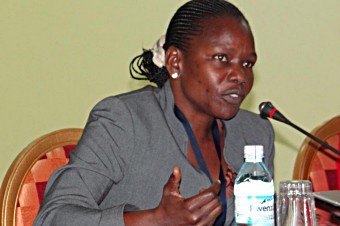Resignation adds uncertainty to Aids battle in Uganda
Colin Stewart is a 45-year journalism veteran living in Southern…
Prof. Vinand M. Nantulya has resigned as chairman of a Ugandan health policy panel that makes crucial decisions about the country’s anti-Aids projects, including those that often have excluded LGBTI Ugandans from receiving HIV services in the past.

During Nantulya’s four years on the panel, people most at risk for HIV infection at last gained a voice on the crucial panel, the Uganda Country Coordinating Mechanism (UCCM), which oversees programs funded by the Global Fund, one of the largest health-care funders in Uganda. For the period 2014-2017, the Global Fund allocated $275.6 million for Uganda’s battles against tuberculosis and HIV.
In March, after a controversial election process that required Nantulya’s intervention, Kikonyogo Kivumbi took a seat on the panel as a representative for LGBT people, sex workers, men who have sex with men (MSM) and intravenous drug users.
Nantulya’s resignation creates new uncertainties about Uganda’s Aids battle at an already-uncertain time.
In his resignation letter, Nantulya expressed confidence that he “leave[s] behind a CCM that is positioned to continue to evolve into a very useful tool for the country in the global health financing arena. The quality of representation on the CCM and the integrity, commitment and hardworking nature of the secretariat gives me this confidence.”
The resignation of Nantulya, who has been supportive of efforts to improve access to health care for homosexuals and sex workers, has drawn mixed reactions from sections of Ugandan civil society and government.

Some praise him for being instrumental in fundraising for Uganda’s national Aids response. Some civil society organizations believe Nantulya is the victim of internal power wrangles with Dr. Christine Ondoa, the director general of Uganda Aids Commission.
There is a strong likelihood that her commission is going to be closed down after a restructuring of the government’s health bureaucracies, according to an informed observer of health policy in Uganda.
Most believe that Nantulya’s resignation will help ease divisive, faith-based power struggles in Uganda’s health delivery institutions. Some factions apparently are close to the evangelical born-again First Lady, Ms. Janet Museveni, while others come from more traditional denominations (Catholics and Anglicans) that are believed to be favored by President Yoweri Museveni.
Related articles
- Will anti-gay Ugandan derail Global Fund efforts? (December 2015, 76crimes.com)
- Fighting AIDS with rural LGBTI, sex workers in Uganda (August 2015, 76crimes.com)
- Uganda: U.S. picks AIDS contractor, ousts anti-gay group (July 2014, 76crimes.com)
- Finally, an LGBT voice on Uganda’s anti-HIV panel (March 2015, 76crimes.com)
- Anti-gay fervor in Uganda hurts region’s AIDS projects (May 2014, 76crimes.com)
- After 14 years, the Aids ‘commissioner’ retires (March 2014, The Observer)


